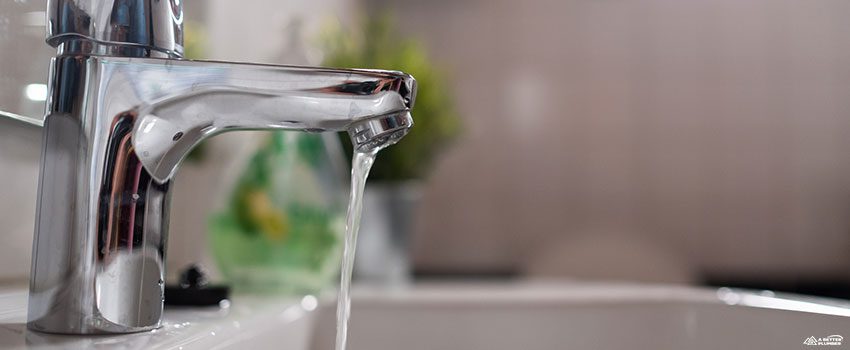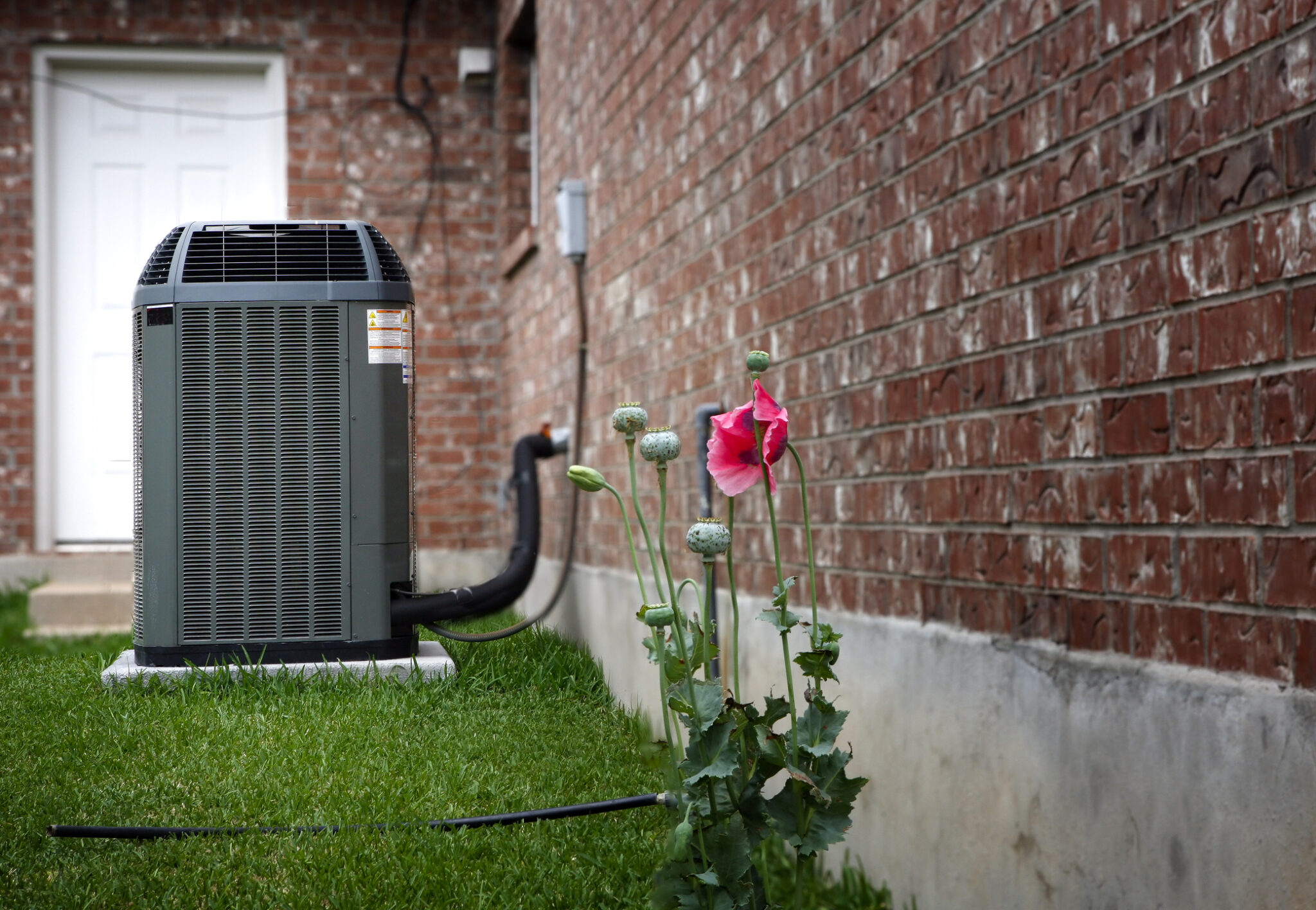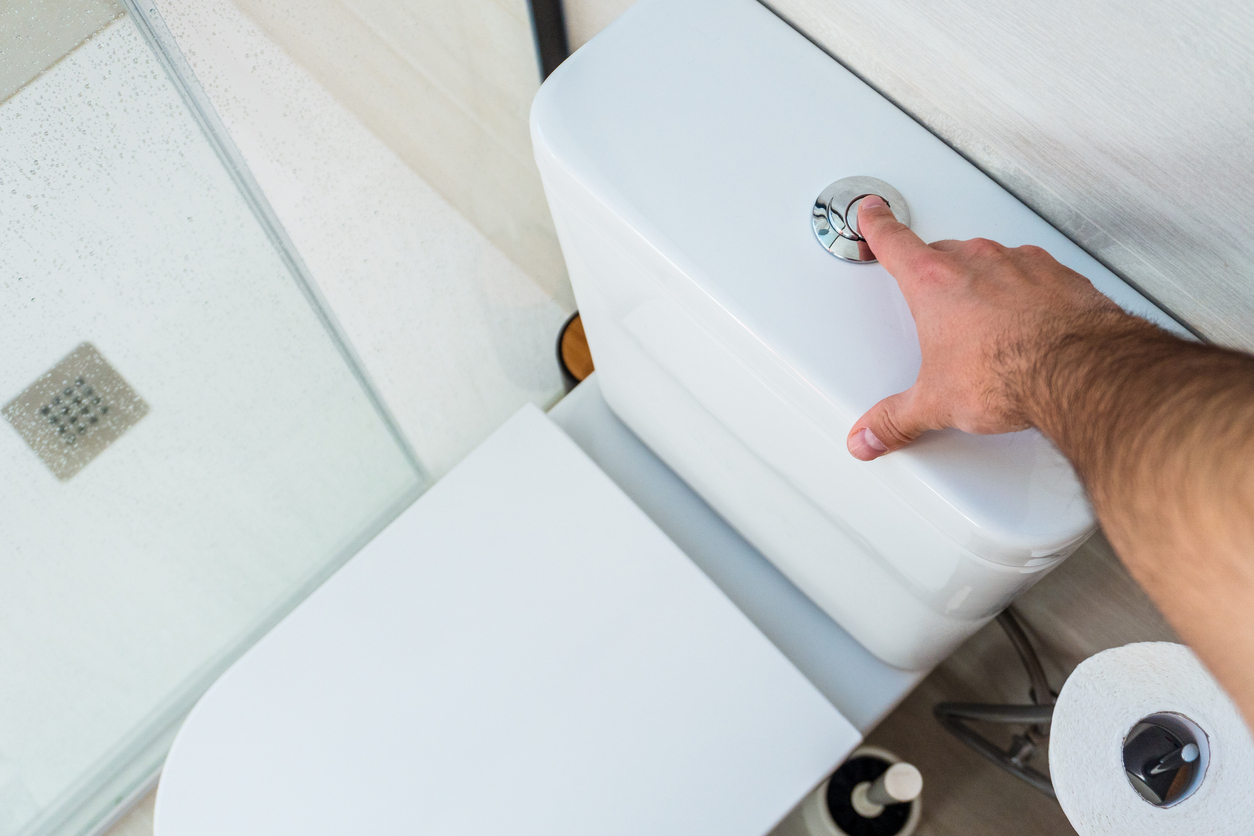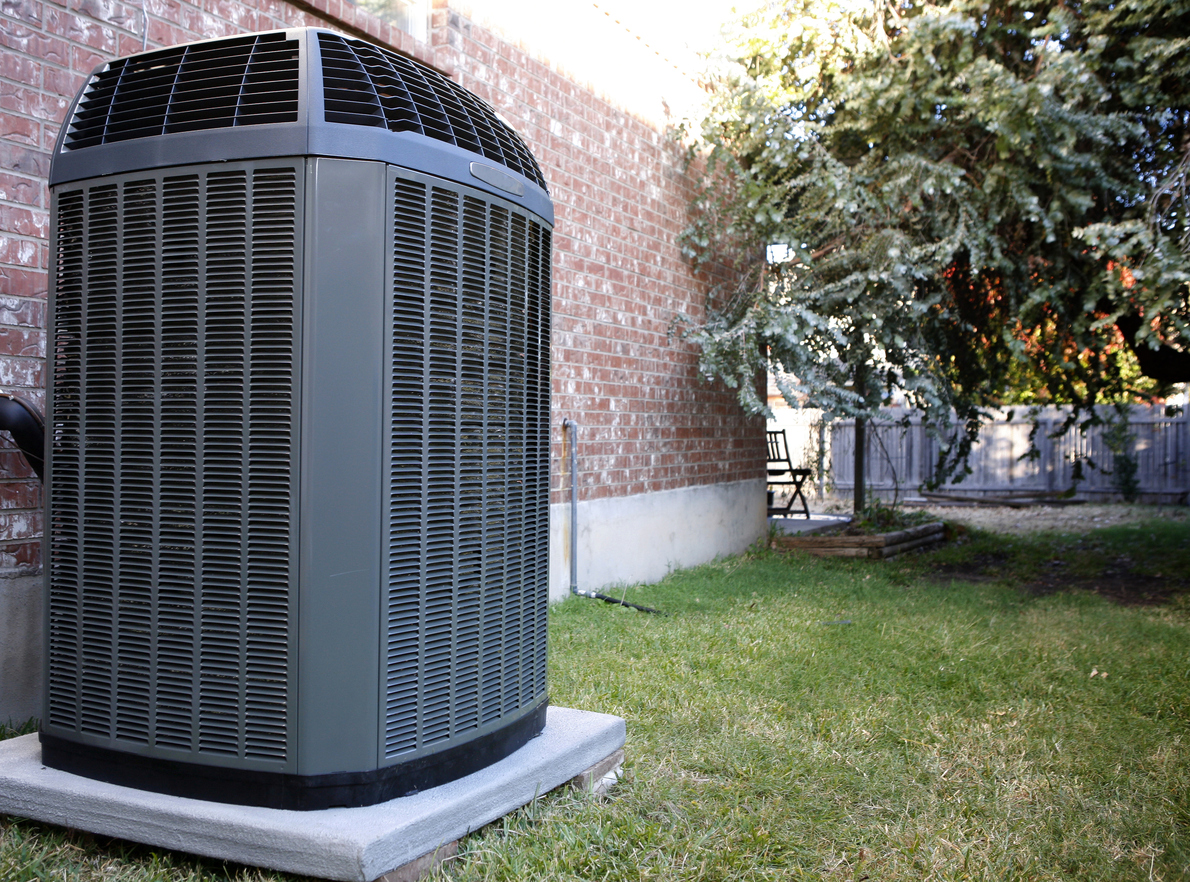6 Reasons For Low Water Pressure At Home

Low water pressure issues can present themselves in many different ways. For instance, it may take several minutes for your faucet to fill up a bathtub or a sink, or the showerhead may not be spraying water as strong as you would like it to.
The average water meter consumption for residential users ranges from 40 to 45 pounds per sq inch (or PSI). A low water pressure in the house is when the pressure has dropped significantly below this level.
Since water is constantly in use in the home, it’s normal for people to forget about its source or how it comes out of the faucet. Thus, when water availability suddenly drops below normal, the need to increase home water pressure right away becomes an instant obsession.
Common Causes of Low Water Activity
If only one specific water pipe fixture is experiencing low pressure, it’s possible to get the problem resolved easily by focusing on that particular fixture or on its connecting pipe lines.
However, if the problem is widespread, it means that the entire house is affected. The first step to finding a quick fix is to lower your home water pressure.
Here are the common reasons water pressure in the household can become low:
1. Damaged Pressure Regulator
A pressure regulator controls the flow of water into your home, and in the process ensures that your pipes last a long time. To find out if the regulator is damaged, attach a pressure gauge outside your house. This will check the pressure regulator and see if it’s reading or reporting water pressure correctly.
The home water pressure can also be turned on to determine if it matches the numbers showing in the pressure regulator. If not, then your regulator is damaged and needs to be replaced. This can be a DIY job if you’re comfortable doing plumbing work, but if you want to play it safe, it’s best to hire a licensed plumber who can go ahead and replace your regulator.
2. A Closed Water Meter Valve
Two major shutoff mechanisms called valves control the water supply to many homes. The first valve is the one facing the street which connects to the main city supply line This is the main valve which is technically owned by the water company.
The second valve faces your house and is the source of your water needs. This could either be open or close, and if the water pressure in your home is strangely low, It’s likely because this valve is not completely open.
Check the water meter valve facing your home if you notice a drop in water pressure, especially if a recent repair job has been performed in your area.
3. Pipe Blockage
A clogged pipe is one common low water pressure in house cause. If there is no evidence of a blockage under your drain, it is likely that the problem is located deep down the sewer line.
It is highly recommended that you get a professional plumber to inspect your sewer pipes for possible blockages. Disassembling, reassembling, and cross-contaminating different parts of your plumbing system need not be done right away, but if needed. only licensed plumbers are allowed to do them.
4. Water Regulation Changes
Changes in existing city water regulations can also be implemented at times, and this can include the level of water pressure that you’ll get. When this is the case, your water supplier will have no choice but to comply.
5. Shared Pipelines
A shared pipeline is where the supply of water passes through a single pipe and is distributed to more than one home. This means that your water pressure will drop when your neighbor uses the bathroom or washes their car. It doesn’t necessarily mean though that you’ll have to pay for their water usage. However, it does mean that your water supply will be divided among several households.
A way out of this situation is to call your water supplier and ask for the installation of an independent pipeline. This should increase home water pressure for your household, although this will be costly on your part.
Still, iI’s an option worth trying rather than changing your daily home routine just to get an improved water pressure. With pipeline sharing, you only get to experience strong water pressure when your neighbor doesn’t use the water.
6. Leaky Pipes
Although it doesn’t take a large leak to cause water pressure problems, you’ll know something is wrong when there is almost no water passing through your spigot.
If you have access to your pipes, take a look around to see if there are any pools of water or wet spots that suddenly developed in any area of the house. The source is likely a leaky pipe; find it and have a plumber fix it quickly.
If you want to do a DIY, turn off the water supply to the pipe first. Then dry up the pipe as best as you can. If there are cracks, wrap a rubber band around them then attach this to the pipe using an electrical tape and a repair clamp.
Although this won’t solve the problem permanently, this might help prevent further damage to your pipes, but only for a few days. it’s always best to call a plumber immediately for a more effective solution to leaky pipe problems. This is especially true in cases of multiple leaks which can cause a sudden low water pressure in the house.
What To Do When the Water Pressure Is Low
Is it taking you hours to get your washer and dryer full? Does your toilet stop working after a while? Low water activity is a common household problem that can lead to frustration. There are several things you can explore when trying to find out how to increase water pressure.
1. Use a water pressure booster.
A water pressure booster system is a good option when water pressure at home is low. Although you can install this yourself, the size and age of the pipes are key factors that can impact your work. Ideally, you should call a professional plumber just to make sure the booster is installed correctly.
2. Check the well pump.
Most homes get their water from the city’s water supply line while others are supplied with water through wells dug deep into the ground. A water pressure problem could be due to well issues or it could be caused by the water pump that delivers water to your home.
Deep wells are not a good fit for centrifugal pumps. Some pump types like the submersible variety and the jet-based model can be easily damaged because of poor maintenance.
3. Test the pressure.
If you can, check your own water pressure by using a pressure gauge. The device can be screwed to a faucet and should give you a reading of the level of water pressure you’re currently receiving.
4. Contact your neighbors.
Talk to your next-door neighbor and a few others to find out if they have the same issue with their water pressure. If they do, then the problem lies with the city’s municipal water supply system. Like your home’s pipes, citywide water systems can leak, clog, build-up, and corrode, all of which can affect water pressure.
5. Consult a professional.
Do not rely on anyone to solve your water pressure problem because serious issues could be involved. Professional plumbers are equipped with the knowledge and tools to identify the cause of the problem and resolve this quickly and effectively.
Absolute Electrical Heating and Air Helps You Resolve Water Pressure Issues
Do you need a plumber who can provide you with insightful tips on maintaining your plumbing system and fixtures?
Choose Absolute Electrical Heating and Air. With over ten years of experience in the plumbing industry, our professional plumbers are skilled and knowledgeable in all areas of plumbing technology. We have a plumber in Denver who can help you with any plumbing problem, including drain cleaning and sudden low water pressure in house issues. Call Absolute Electrical Heating and Air now for reliable and affordable plumbing services.
CONTACT US
Request Service


Save Every Year with an Absolute Advantage Membership
Expert Annual System Safety Inspections & More
- Priority service
- Waived dispatch fees
- Yearly furnace, A/C, & electrical system inspections
- 10% discount on repairs and additional diagnostic services
- Up to $500 off HVAC & electrical panel replacements







